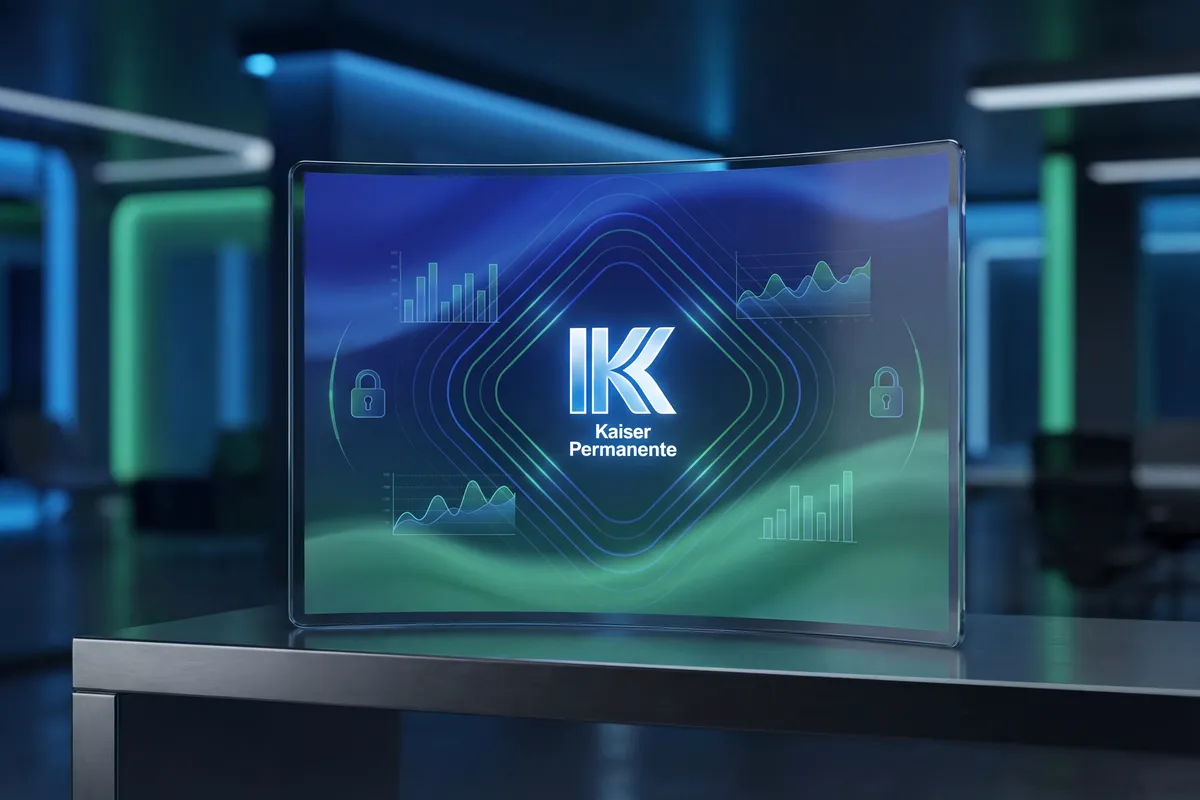Hyundai & Kia Class Action for Allegedly Concealing Safety Defects

In a recent class action lawsuit, a group of plaintiffs allege that a prominent automaker, Hyundai, concealed a significant safety defect in their vehicles, leading to potential danger for drivers and passengers. The defect, referred to as the 'Inflator Defect', is said to be present in a number of the automaker's models, which are collectively referred to as the 'Class Vehicles' in the lawsuit.
The Law and the Alleged Violations
The plaintiffs claim that the defendant violated California law by engaging in fraudulent concealment and non-disclosure of the Inflator Defect. They argue that the automaker had a duty to disclose all material facts about the Defective Inflators due to their role in the design, manufacture, and sale of the Class Vehicles. The plaintiffs further assert that they and other class members relied on the automaker's omissions and concealment when purchasing or leasing the Class Vehicles.
Additionally, the plaintiffs allege that the automaker's actions resulted in them overpaying for the Class Vehicles or purchasing vehicles they would not have bought if they knew about the Inflator Defect. They seek damages and punitive damages for the automaker's alleged misconduct.
What Led to the Lawsuit?
The plaintiffs claim that they purchased or leased Class Vehicles from the automaker, unaware of the Inflator Defect. They allege that the automaker concealed and failed to disclose the defect, leading them to make a purchase or lease decision based on incomplete information.
According to the plaintiffs, the automaker profited from the sale and lease of the Class Vehicles while knowing about the Inflator Defect. They argue that this conduct was malicious, oppressive, and deliberate, warranting punitive damages.
Who Are the Class Members?
The class members in this lawsuit are individuals who purchased or leased Class Vehicles from the automaker. They are represented by the plaintiffs, who seek to be named as representatives of the class. The plaintiffs and class members claim that they overpaid for the Class Vehicles or would not have purchased them if they had known about the Inflator Defect.
What is the Dollar Amount at Stake?
The plaintiffs are seeking various forms of relief, including damages, injunctive relief, and attorneys' fees and costs. While the exact dollar amount is not specified, it is clear that the plaintiffs believe they are entitled to a substantial sum. They argue that the automaker's alleged actions were not only deceitful but also resulted in financial harm to the plaintiffs and class members.
What's Next?
The lawsuit is currently in its early stages, and the automaker has yet to respond to the allegations. If the case proceeds, the court will need to determine whether the plaintiffs' allegations are valid and, if so, what the appropriate remedy should be. This could include an order for the automaker to repair the vehicles, pay damages to the plaintiffs and class members, or both.

.webp)
.webp)
.webp)

.webp)
.webp)
.webp)
.webp)
.png)






.webp)





.svg)